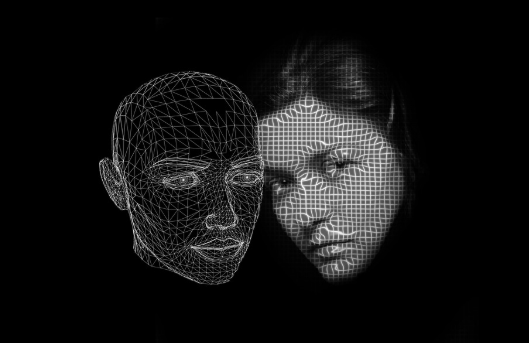Fashion Psychology piques interest

PSYCH. When jobs in psychology come to mind, Fashion Psychology can often be forgotten. Prominently emerging lately, Fashion Psychology deals with different aspects in fashion, whether in regards to individual, societal or even environmental impacts. In fact, fashion psychologists have such a wide range of options that Dr. Carolyn Mair “spends a good deal of time meeting people who want to find out how to make a positive difference in a particular area of interest.”
Growing up, adults would jokingly ask “What do you want to be when you grow up?” Like any child, I chose basic, commonly-known careers like a dentist. Now fast forward a couple years, with the future looming ahead, some quick research revealed a whole other world.
Jobs in psychology and fashion piqued my interest, so as I dug a little deeper, the world of fashion psychology emerged like an unearthed gem.
What is Fashion Psychology?
According to Dr. Carolyn Mair, a renowned British psychologist and scientist with a PhD. in cognitive neuroscience, fashion psychology is often mistaken for “wardrobe therapy.” However, fashion psychologists “actually apply psychological science to the context of fashion.”
Not only are they concerned “with clothing (fashion) but with human behavior across all aspects of fashion from design through the entire supply chain, to consumption and disposal.” As a result from the fashion industry, direct or indirect, they work “with the many and varied individual, societal, and environmental issues.”
The history behind Fashion Psychology.
Don’t worry, no boring history lesson here. Although not commonly known, Fashion Psychology actually roots back to the 19th century.
Although the field is quite broad and has many subcategories, Henry James can be credited as the first American fashion psychologist.
Explained by author and Yale professor Cecelia Watson, PhD, “William James placed great importance on clothing, and this emphasis on apparel is reflected in his writings on psychology, in his letters, and in his own style of dress.”
Dr. Watson goes on to emphasize how James, inspired by German philosopher, Rudolf Hermann Lotze, unveiled the self-expressive aspects of clothing, asserting that anything “man puts on his body every element, becomes a part of him; almost as if the “look” created by the attire melds into the essence of the person.”
Fashion Psychology today
All in all, Fashion Psychology is still a relatively new career path. Varied approaches include private and/or Fashion Psychology-related business practices; while some work as university professors and consultants. Nonetheless, the newness of this field gives individuals the freedom to creatively think in the abstract realm.
Read more at:
Your donation will support the student journalists of Sycamore High School. Your contribution will allow us to purchase equipment and cover our annual website hosting costs.









